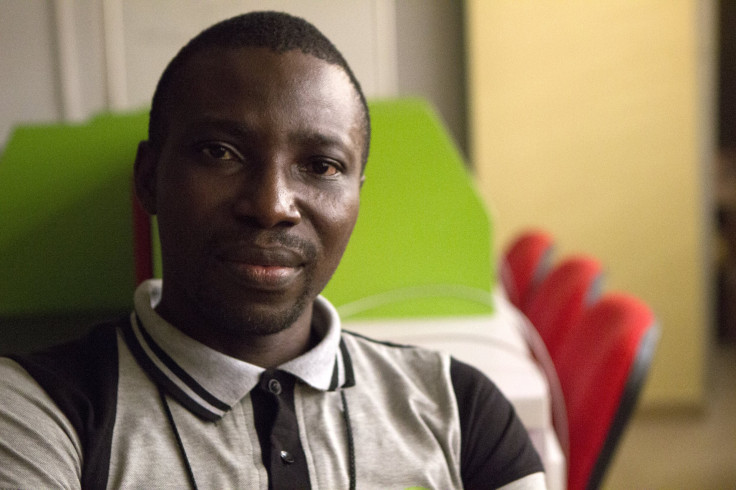Nigerian Email Scams Make It Hard For African Nation's Legitimate Startups To Attract Clients And Funding From Abroad

LAGOS, NIGERIA -- When Femi Bayode started as an online education consultant four years ago, he sometimes spent weeks or even months working on projects without pay — just to convince clients abroad that he wasn’t trying to swindle them.
Other digital entrepreneurs say they often hide or change their IP addresses so prospective foreign clients and funders can’t immediately identify that they’re working from Nigeria.
“Our reputation is a serious problem,” says Bayode.
Blame it on the Nigerian prince of Internet lore. Nigeria's online sector is booming, as evidenced by the hundreds of entrepreneurs, social media experts and tech industry insiders that have flocked to the city for Social Media Week Lagos 2015. But many of the businesspeople in attendance say the stigma of Nigerian email scams — so ubiquitous that they merit their own entry in the Encyclopedia Britannica — is difficult to shake as they court customers and crucial investors from Europe and the United States.
Just 13.3 percent of respondents to a recent Ernst & Young survey of international investors view Nigeria as an attractive prospect, and only 27.5 percent of people already doing business on the continent say it's a good bet. And while Kenya, its East African counterpart, saw a 40 percent increase in foreign direct investment last year, Nigeria saw just 19 percent.
Bayode, 41, earns his living entirely online and is now so successful that global clients seek him out. But it wasn’t always that way. The first time he got a job working remotely for the U.S. e-commerce company Nomorerack.com, he was asked to leave the content curating project after just a week.
"Someone made a comment about 'the guy they hired being a Nigerian,’” he says. “I was crestfallen.”
"I've had about one or two situations where I had to convince my clients about the issue of trust once they saw that I am from Nigeria," he says. “Everyone thinks it’s all some kind of foreign scam.”
During a panel discussion at the conference, Bayode, who calls himself a “digital evangelist,” talked about Twitter, technology and Web strategy. But one audience member bluntly cut to the biggest hurdle Nigerian startups face:
“But how do you convince a bunch of white people to trust you?”
Some veterans in the business have found ways to address the problem. They preach patience. And emailing a potential customer or investor cold, without any connection, doesn’t usually go well.
“We have to deal with trust issues a lot,” says Olufunbi Falayi, co-founder of Passion Incubator, a program that supports early-stage tech startups in Lagos. “People have to deal with a lot of scams, and we have to slowly convince them.”
Bayode and others admit that Nigerians breaking into technology also face other biases. “Even Nigerians don’t respect Nigerians,” Bayode says, noting that many successful startups have a foreigner or foreign-educated Nigerian to be the company’s public face to add legitimacy.
“People think that if you don’t speak like an American, you have no place,” he says.
© Copyright IBTimes 2025. All rights reserved.






















